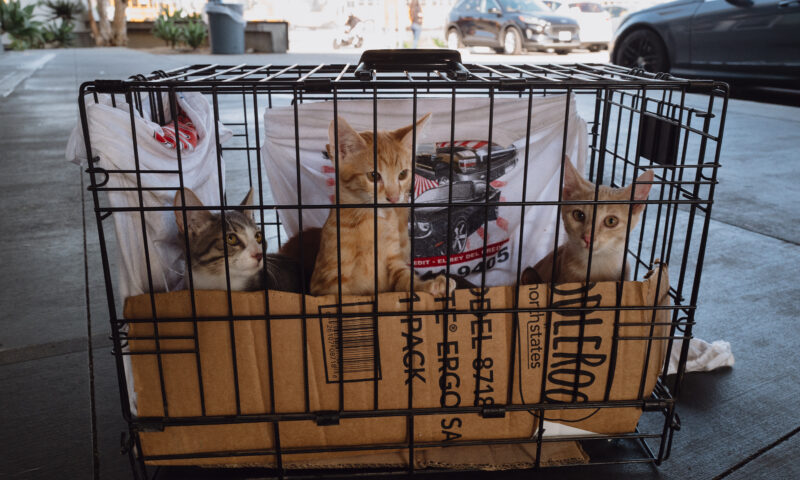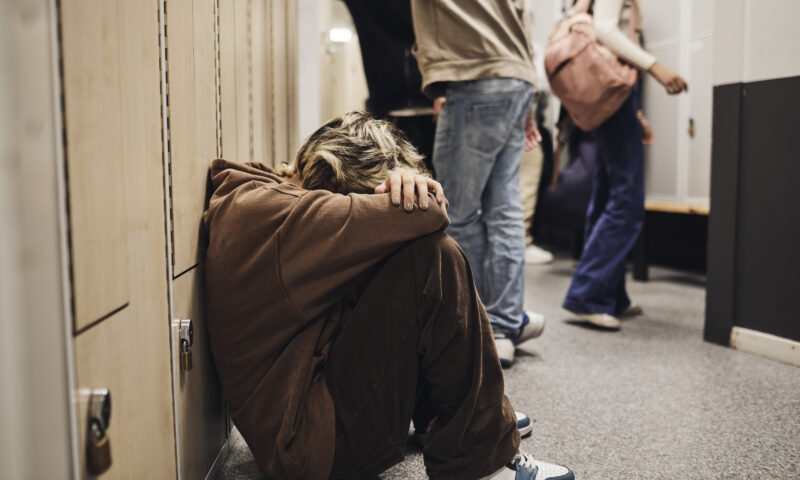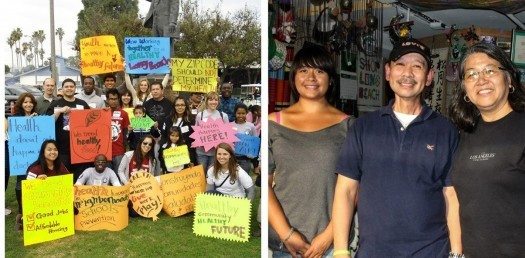Politics & Government
Long Beach Activists Look Beyond Measure N

Pastor Nestor Gerente welcomed the overflow audience of nearly 350 Long Beach activists at last week’s People’s State of the City gathering and said, “This is a great crowd. Where are you on Sunday mornings?”
The 23 organizations sponsoring the event, under the tent of the Long Beach Coalition for Good Jobs and a Healthy Community, are still buoyant from victory in last November’s election. That’s when Measure N, the Hotel Workers’ Minimum Wage Law, passed by 64 percent of the voters, raised wages to $13 an hour for some of the lowest paid hotel workers in L.A. County. The stunning triumph was made possible by a grassroots mobilization and door-to-door campaign of union and community members.
Grace United Methodist Church’s beautiful sanctuary was filled with people of every racial and ethnic background now living in California’s seventh largest city. Long Beach has nearly half a million residents — 25 percent are under 18 and an equal number live below the poverty level. Forty-one per cent of the city is Latino, 30 percent white, 13 percent African American and 13 percent Asian Pacific Islander – a prototype of our nation’s multi-cultural future.
Pastor Gerente, himself the church’s first person of color to serve as minister in its 107-year history, was elated by the crowd’s enthusiasm for addressing the problems that plague Long Beach – high truancy rates, overcrowding, substandard housing, low wages, high unemployment and low voter turnout.
Despite the lopsided victory for Measure N, it’s sobering to note that only 33 percent of registered voters actually cast their vote November 6, disproportionately from the majority white precincts. To turn Measure N victory’s into long-term changes for Long Beach will require a culture of civic involvement of some of the city’s youngest and poorest residents. And that was the goal of the People’s State of the City gathering.
“I want the voices of ordinary people to be heard and have their issues addressed,” remarked conference organizer Sonya Clark.
The presence of five Long Beach city councilmembers at the church, including all those who have announced their intention to run for Mayor, suggests that local organizing is already attracting the attention of city leaders and changing the political climate of the city. Future sessions will look at where the City Council, Mayor, school boards and city commissions get their power and how they impact working families; leadership training for residents who want to play a more forceful role in community policies; and a vigorous voter registration and absentee-voter drive to increase participation from under-represented communities.
“Together we can shape the social, cultural, economic and political landscape of Long Beach to reflect and serve the needs of all members of our community,” said Joanna Concepcion, an organizer from the city’s Filipino community.

-

 Column - State of InequalityJanuary 22, 2026
Column - State of InequalityJanuary 22, 2026On Eve of Strike, Kaiser Nurses Sound Alarm on Patient Care
-

 Column - California UncoveredJanuary 14, 2026
Column - California UncoveredJanuary 14, 2026Keeping People With Their Pets Can Help L.A.’s Housing Crisis — and Mental Health
-

 Latest NewsJanuary 16, 2026
Latest NewsJanuary 16, 2026Homes That Survived the 2025 L.A. Fires Are Still Contaminated
-

 The SlickJanuary 20, 2026
The SlickJanuary 20, 2026The Rio Grande Was Once an Inviting River. It’s Now a Militarized Border.
-

 Column - State of InequalityJanuary 15, 2026
Column - State of InequalityJanuary 15, 2026When Insurance Says No, Children Pay the Price
-

 Latest NewsJanuary 21, 2026
Latest NewsJanuary 21, 2026Honduran Grandfather Who Died in ICE Custody Told Family He’d Felt Ill For Weeks
-

 The SlickJanuary 19, 2026
The SlickJanuary 19, 2026Seven Years on, New Mexico Still Hasn’t Codified Governor’s Climate Goals
-

 Latest NewsJanuary 22, 2026
Latest NewsJanuary 22, 2026‘A Fraudulent Scheme’: New Mexico Sues Texas Oil Companies for Walking Away From Their Leaking Wells


